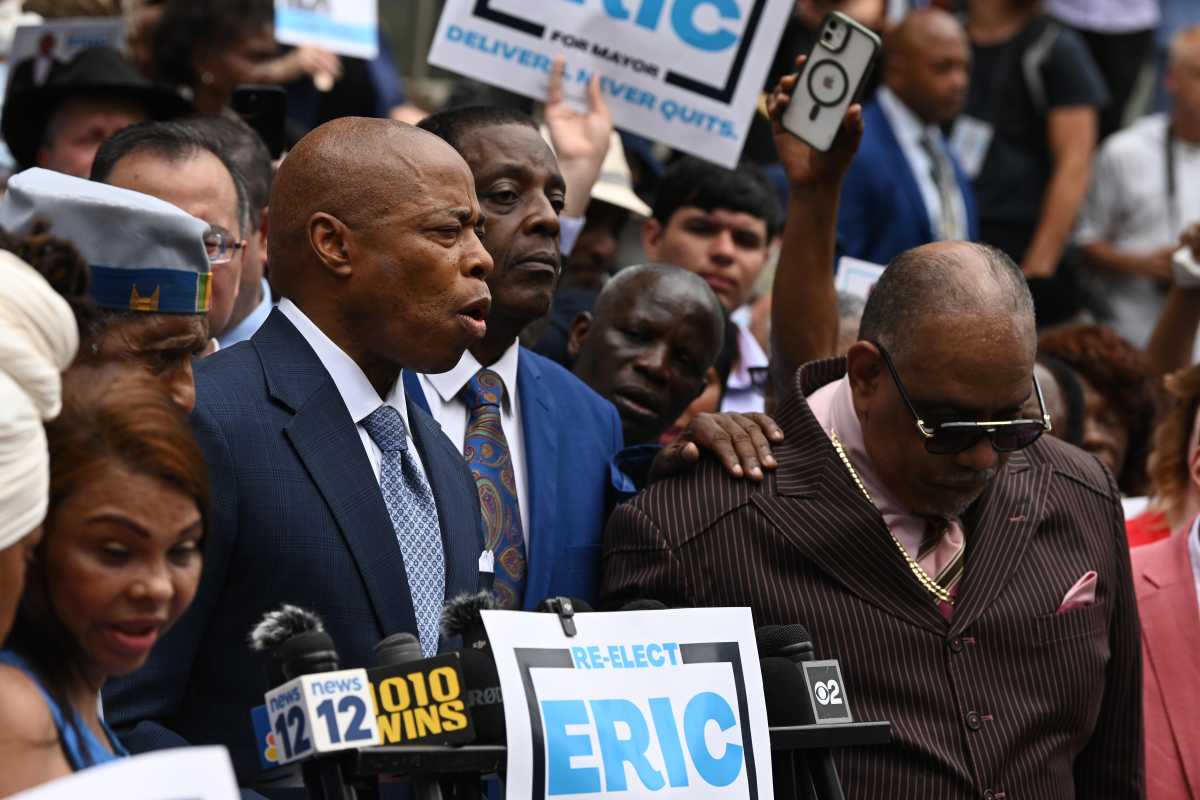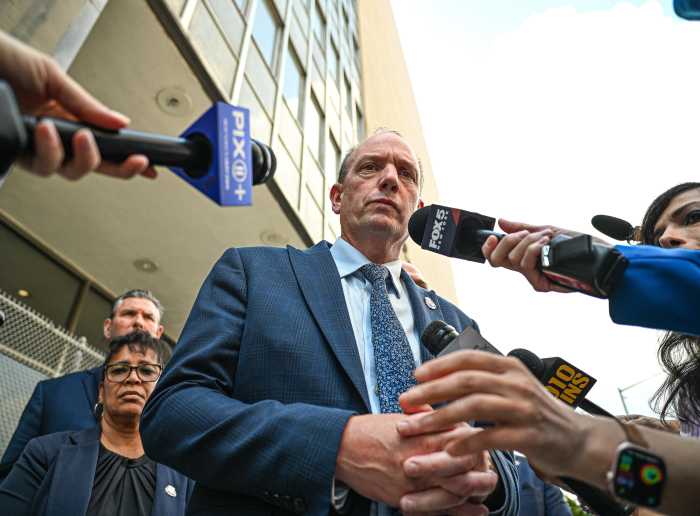1995 when the world almost came to an end because Russia mistook a Norwegian research rocket for a U.S. Trident submarine nuclear attack. Russian President Boris Yeltsin was given a short time to decide whether to launch a retaliatory strike; luckily, he chose not to respond. Had his decision been different, the devastation to our country — and the world — would have been unimaginable.
The prospect of nuclear engagement or accident isn’t an issue that affects solely the U.S. and Russia; it affects the entire world. Today, our enemies aren’t clear-cut or well-defined.
For years, terrorists have attempted to build a nuclear bomb. Such a bomb in terrorists’ hands is unacceptable, and the U.S. must ensure that it doesn’t happen. The proposal on the table clearly spells out that New START’s verification regime will make it much more difficult for terrorists to acquire fissile material.
I was impressed to learn about the overwhelming support for the New START Treaty among the military and security experts. It has, in the words of Secretary of Defense Robert Gates, “the unanimous support of the U.S. military.” Seven former commanders of STRATCOM recently wrote to the Senate, calling for the treaty’s prompt ratification. And a bipartisan group of 30 high level national security experts — including Colin Powell and Brent Scowcroft — signed an open letter in support of the treaty.
Now that the Cold War is over, it is unnecessary and dangerous to maintain thousands of active nuclear bombs. New START brings the discussion of nuclear weapons into the 21st century and calls for sensible cooperation between the world’s two nuclear superpowers. It shifts our focus from the enemies of yesterday to those of today.
I hope that, as the nation’s Senators consider ratification of the New START in the coming weeks, they’ll think about the safety of my generation and of the world.
Pringle, 17, is a senior at Woodward Academy (formerly Georgia Military Academy) in College Park.























